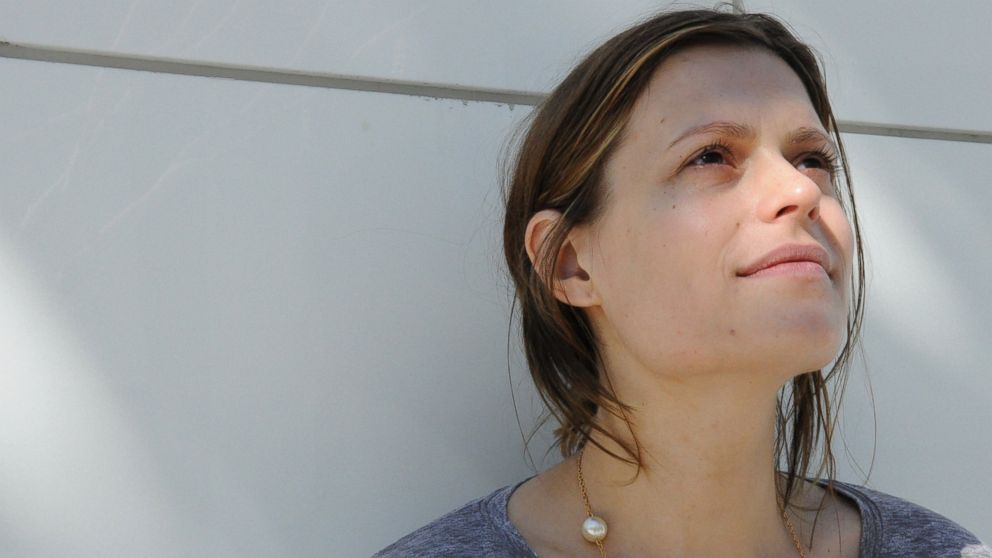Sundance Film Follows Woman's Worst Fear: Does She Have Huntington's Disease?
The disease began to destroy Marianna Palka's father in his late 30s.

Jan. 16, 2014— -- Marianna Palka, who left Scotland to pursue a career in filmmaking in the United States, knew she had a "50-50" chance of getting Huntington's disease – a rare, but devastating genetic disease that has been described as Parkinson's, Alzheimer's and ALS, all rolled into one.
It began to destroy her father his late 30s, so Palka, now 32 and symptom-free, decides to find out if she, too, has the genetic mutation that will rob eventually her of her mobility and her mind.
Filmmaker Lucy Walker, who received Oscar nominations for "Waste Land" (2010) and "The Tsunami and the Cherry Blossom," (2011) follows Palka as she prepares to go to the doctor and open the envelope that will seal her fate. Her short documentary, "The Lion's Mouth Opens," premieres at the Sundance Film Festival Jan. 18.
Surrounded in the film by family and close friends, Palka was struck by fear, determination and an overwhelming sense that she will be able to control her destiny, no matter what the test reveals.
"I have always felt like I don't have it. I always know I don't have it. I don't feel like any good will come from me having it," she says in the opening of the 16-minute film, as she rolls the dice in a game with her closest friends on the eve of her doctor's appointment. "It's strange to have that news and to know it's sitting there."
"Getting a positive result is like a death sentence," she says. "But if I get the opposite result, I get to be like everyone else."
The documentary takes its name from the Bob Dylan poem, "Last Thoughts," after he visited folk singer Woody Guthrie, who was dying of Huntington's disease at a New York City psychiatric hospital: "And the lion's mouth opens and y'er staring at his teeth, and his jaws start closin' with you underneath."
Such is the fear that Palka said she had to overcome after watching the deterioration of her own father, one that her mother describes in the film as "each brick from the castle … falling out and the castle … caving in."
Walker and Palka had met through a mutual friend, the musician Moby, at Sundance. The director was moved by Palka's idea to film her journey.
"My heart went out to her, and I thought this is such a daunting prognosis, that I was immediately able to say I would drop everything," Walker told ABCNews.com.
"This film is so much about the moment where life really throws you an unimaginable challenge and the profoundest of difficulties," she said. "Marianna had incredible courage sharing this moment with the world, and it is a service to others. … Rare talents have the gift to open themselves to the camera. It's amazing when they let you in."
Palka's father, 63, is in a nursing home in Glasgow. "He's not a living person," she told ABCNews.com. "He died a long time ago."
"Because I have a family, we all know how hard and horrifying this disease is," Palka said. "It's not abstract, not like I might get a future disease I have never heard of. People at risk know what it entails."
But Palka also said that a close relationship with her mother, whom she called a "shining star," and sharing her fear with others helped her cope.
Initially, Palka said she had wanted to learn if she had the disease so she could make plans to have a child, perhaps through IVF, where the embryo can be tested. But, there was more to her journey.



